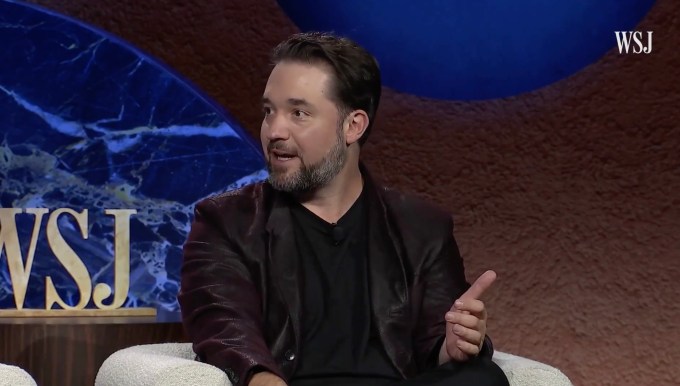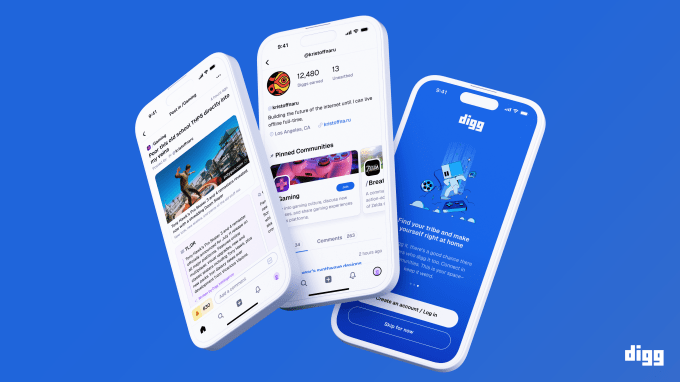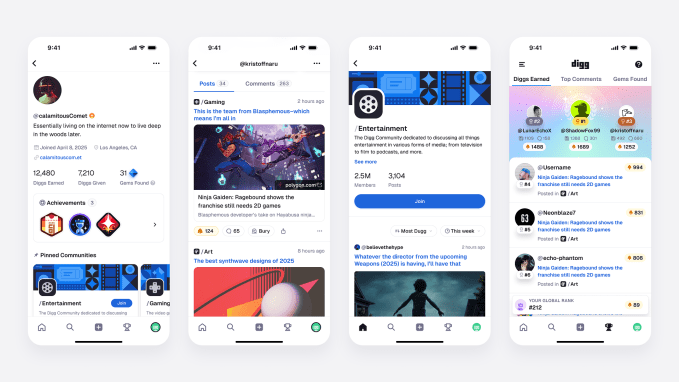In an era where AI-generated content threatens to overshadow the voices of real people on social media platforms, the rebooted version of Digg aims to bring back the spirit of the old web. The founders of Digg, Kevin Rose and Alexis Ohanian, envision a social site for the AI age where content creators and community managers have a significant stake in the platform's success.



Digg, a Web 2.0-era news aggregation giant once valued at $175 million, is being revitalized under the leadership of its original founder, Kevin Rose, and Reddit co-founder Alexis Ohanian. Speaking at The Wall Street Journal’s Future of Everything conference, the duo shared their vision for the Digg reboot, which focuses on enabling discovery and community as the early internet once did.
Reflecting on the early days of social media, Ohanian recounted his decision to resign from Reddit’s board due to disagreements over the company's approach to hate speech. He highlighted Reddit's allowance of a forum called "r/WatchPeopleDie" until the Christchurch mass shooting, which prompted a policy change around violence and gore on the platform.
After leaving Reddit, Ohanian founded venture capital firm Seven Seven Six, focusing on building businesses that are more "values-aligned." He sees Digg as another step in that direction. Rose reminisced about the early days of machine learning, which often rewarded posts on obscure and fringe topics, sometimes pushing weird agendas and involving bots.
With Digg, the founders aim to create a new community centered on serving real people, not AI or bots. Ohanian subscribes to the "dead internet theory," which posits that much of what we see online is not created by actual humans but bots. He believes that with the rise of AI, this theory has become a reality.
To counter the rise of bots, the founders are considering new technologies like zero-knowledge proofs (zk proofs), a cryptographic protocol that could verify a user's ownership on a platform. They envision communities where admins could authenticate a poster's humanity before allowing them to join the conversation.
The founders believe that the world will be flooded with AI agents, which could infiltrate communities seeking genuine human connections. They suggest various methods to test a user's humanity, such as considering the length of device ownership or requiring additional verification steps for anonymous users or those using disposable email addresses.
While not anti-AI, the founders plan to use AI for site moderation, including de-escalating situations where someone stirs up trouble. They also envision a service where moderators and creators financially benefit from their efforts, as they believe unpaid moderation should become a thing of the past.
Rose points to Reddit's trademarking of the term "WallStreetBets" as an example of a company taking ownership of a user-created forum name. Instead, he believes companies should help creators add value to a community rather than claim ownership of their work.
With an improved user experience and a model that empowers creators to monetize their work, the founders believe Digg itself will benefit. "I want to believe the business model that will make Digg successful is one that aligns all those stakeholders. And I think it is very, very possible," Ohanian said.